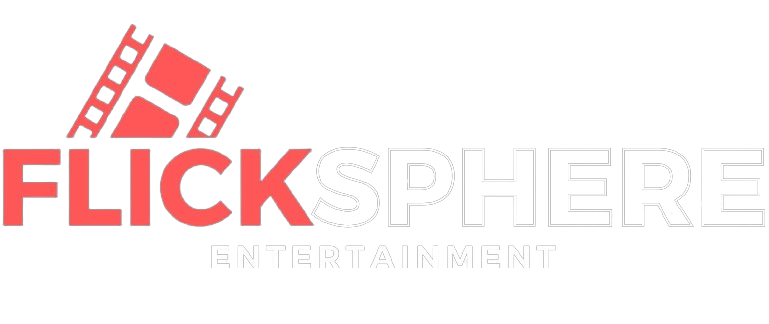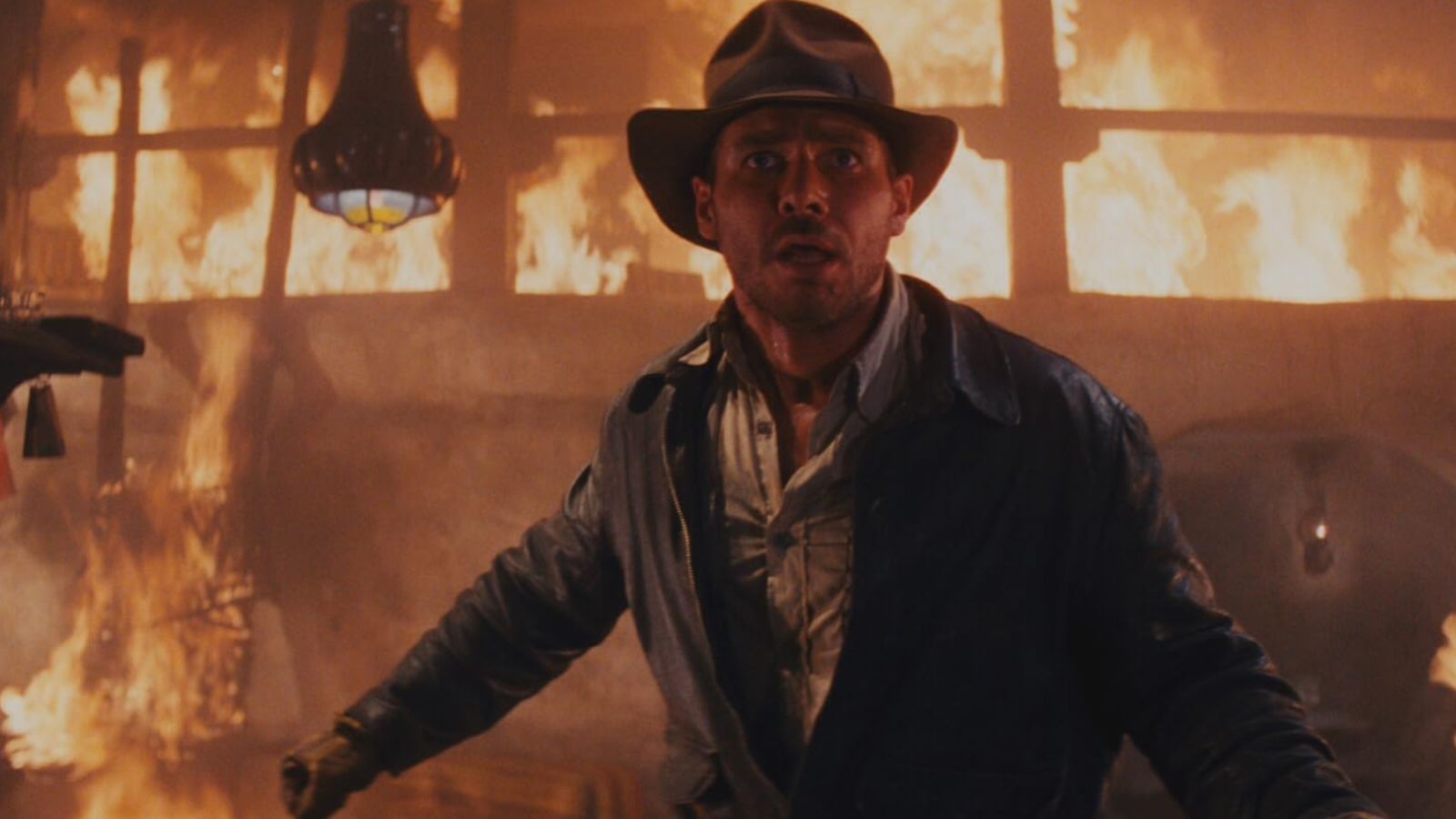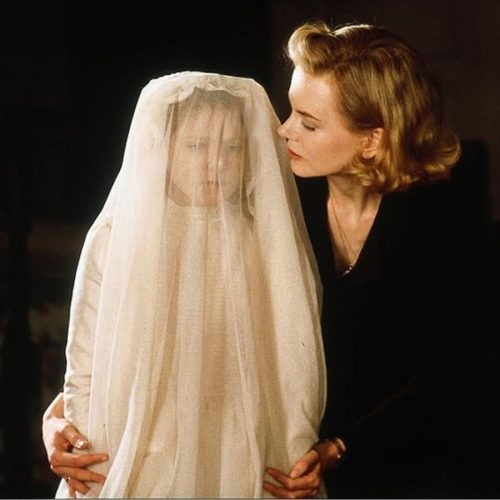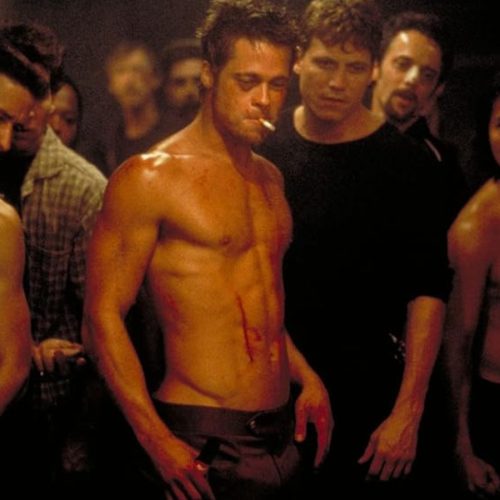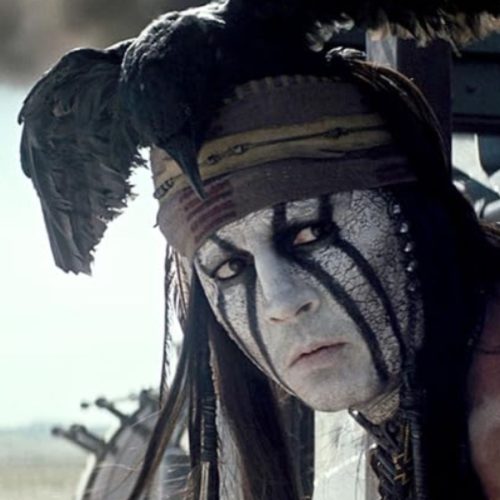Whether due to shifting societal norms, evolving sensibilities, or advancements in storytelling and representation, many movies once heralded as classics or blockbusters now find themselves re-evaluated. From outdated teen comedies to problematic thrillers, here are 18 films that haven’t retained their shine under the critical lens of contemporary perspectives.
The Breakfast Club
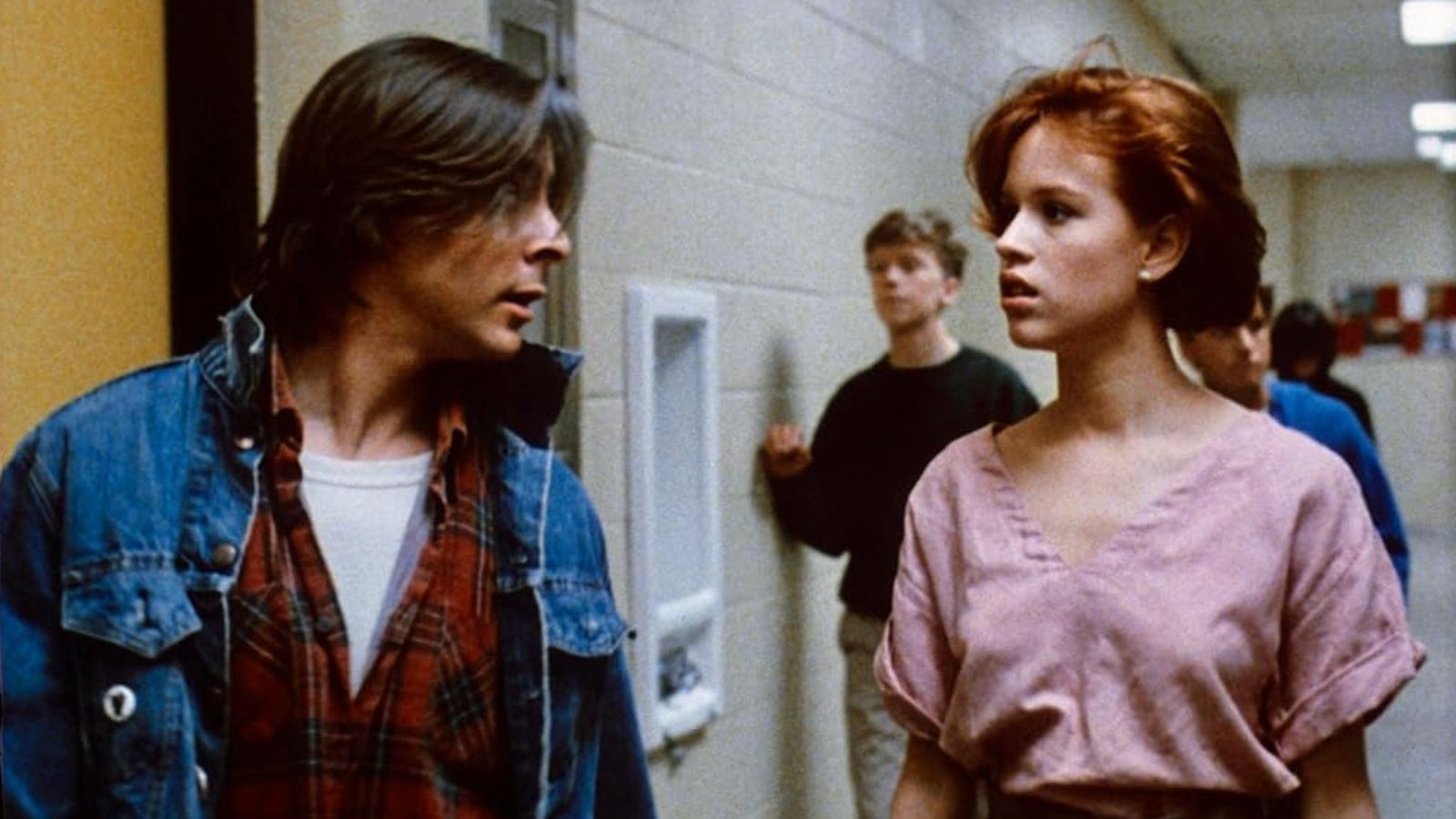
One of the quintessential ’80s teen films, The Breakfast Club achieved cult status for portraying high school stereotypes and the universal struggles of adolescence. Yet, viewed through today’s lens, some of its characterizations appear oversimplified, potentially reinforcing rather than challenging stereotypes.
American Beauty
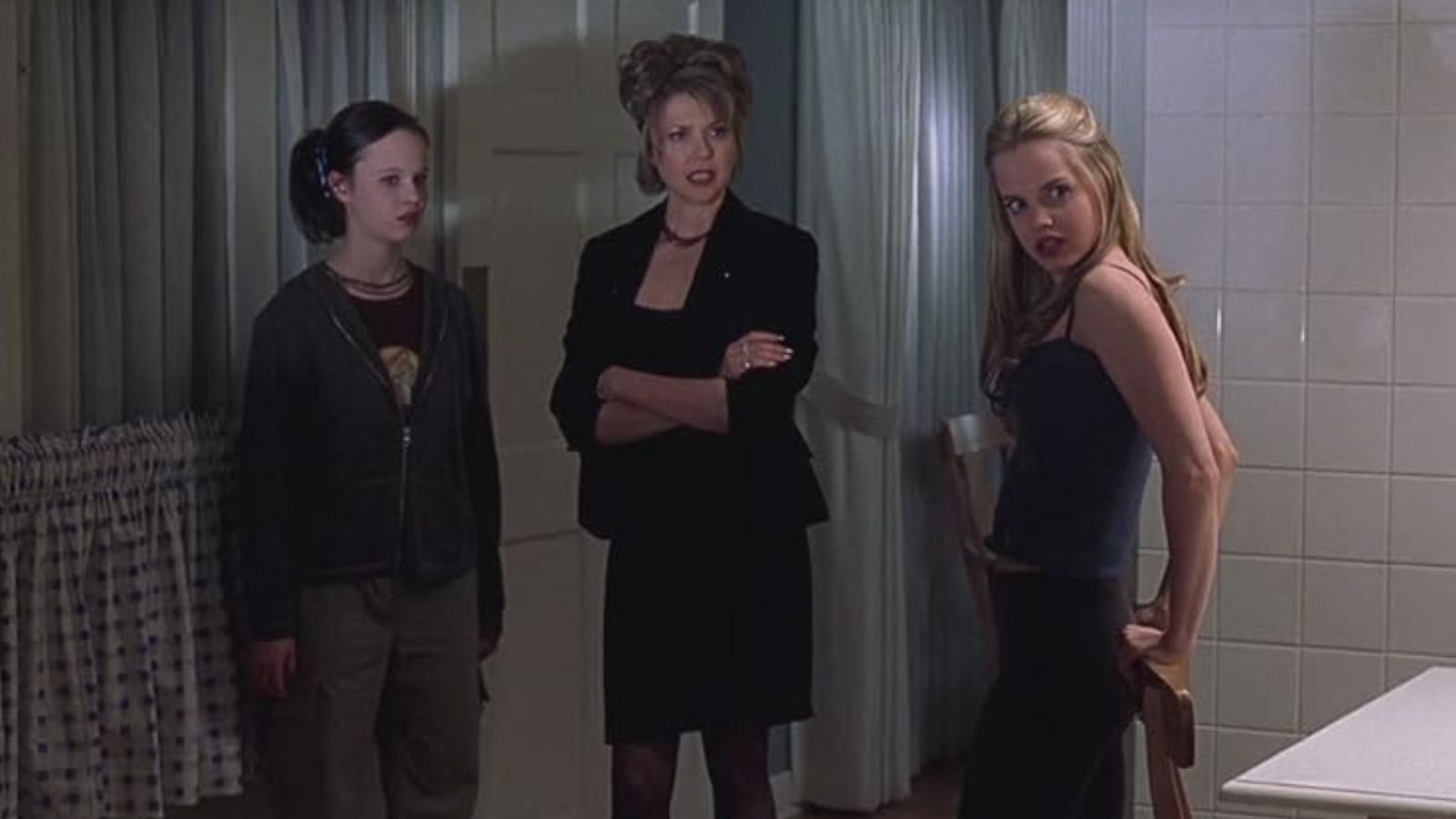
Released in 1999, American Beauty garnered widespread acclaim for its darkly comedic take on suburban life and midlife crises. While Kevin Spacey’s performance as Lester Burnham won critical praise, the film’s treatment of themes such as sexuality, desire, and mental health has faced significant reassessment in light of allegations against Spacey and changing societal attitudes.
Forrest Gump
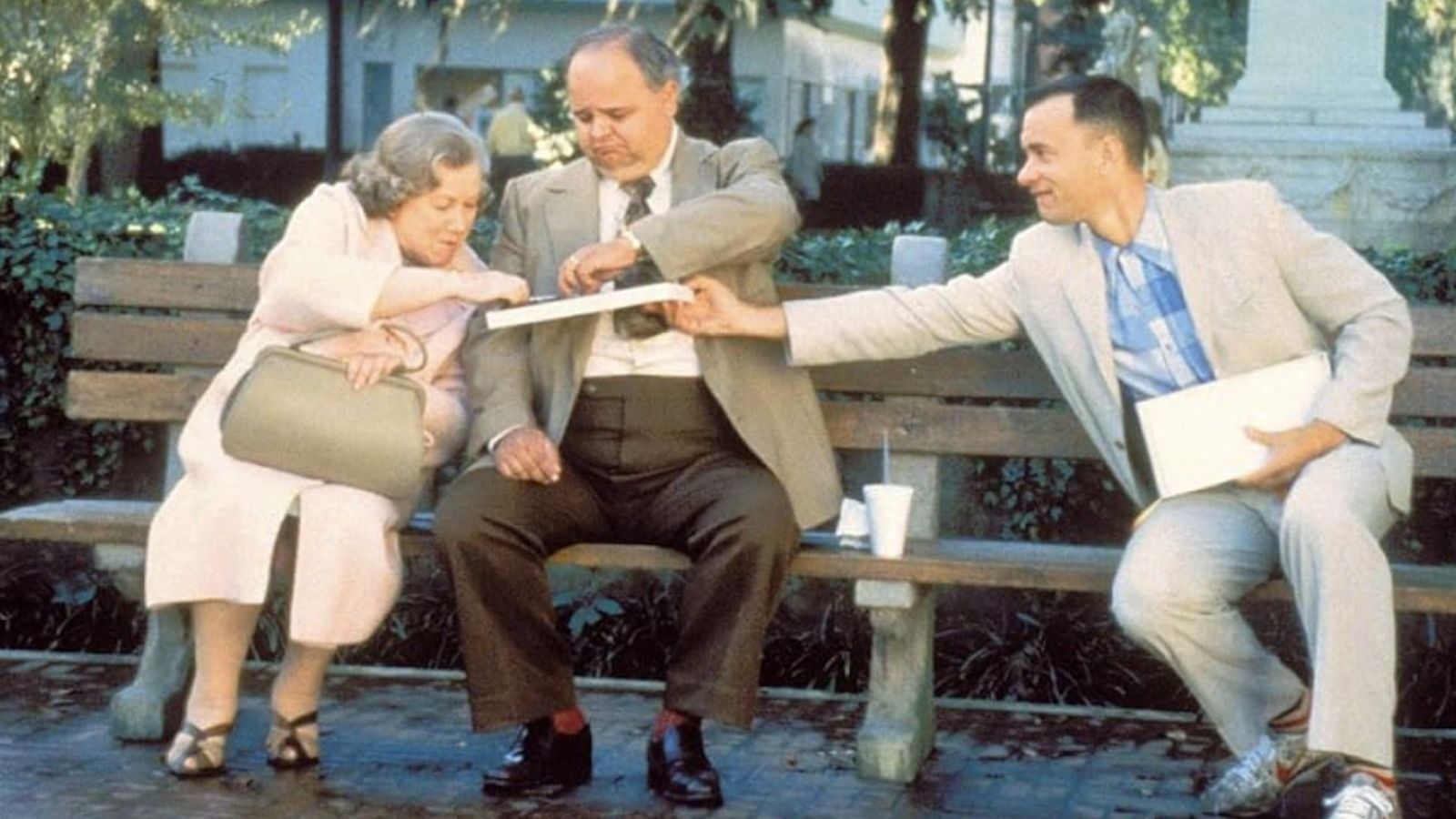
Tom Hanks’ portrayal of the titular character in Forrest Gump won hearts worldwide upon its release in 1994, earning six Academy Awards, including Best Picture. However, in recent years, critiques have emerged regarding its simplistic portrayal of complex historical moments and its treatment of Jenny’s character, which some view as overly idealized or lacking depth.
Ace Ventura: Pet Detective
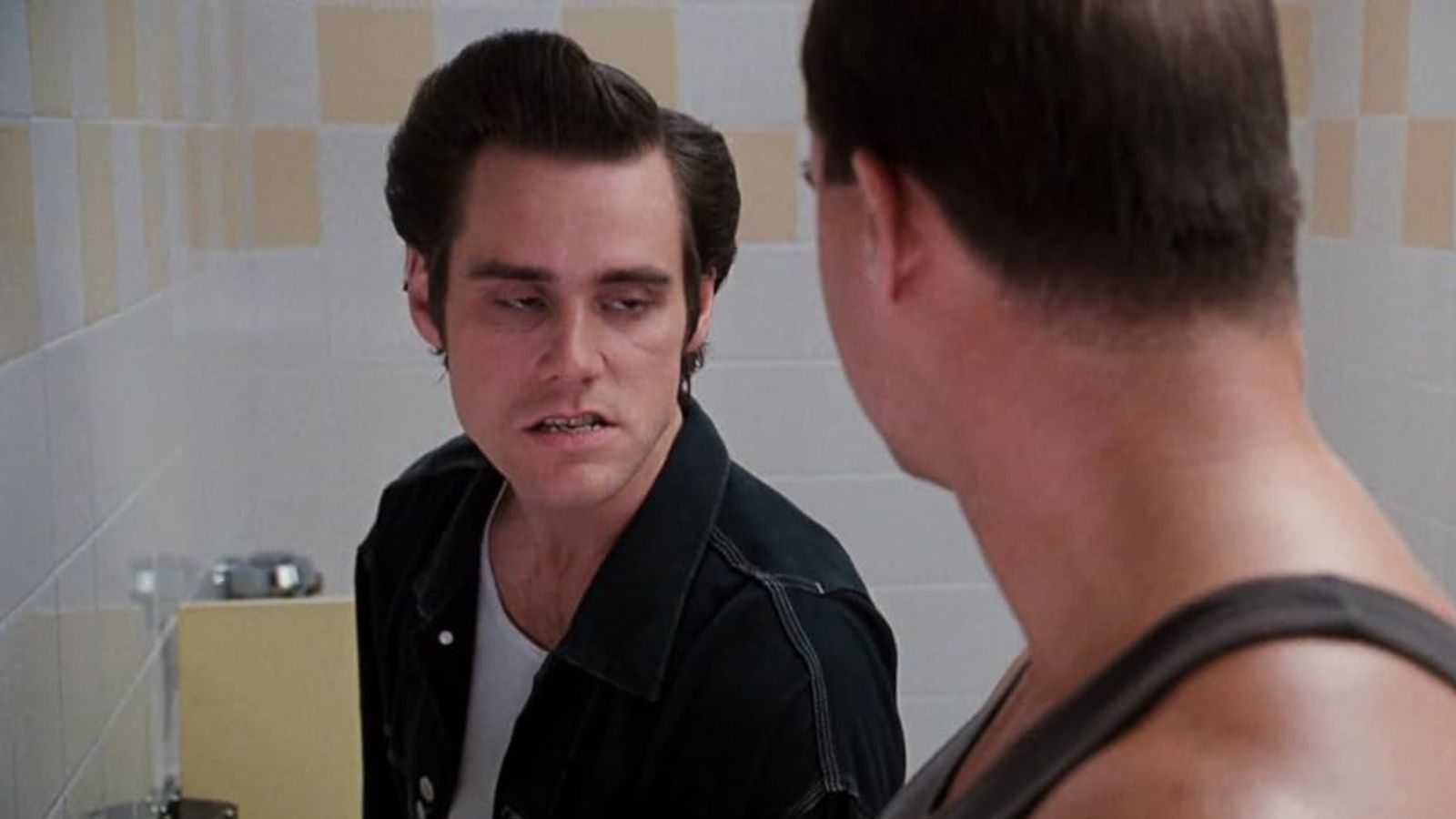
A staple of ’90s comedy, Ace Ventura: Pet Detective catapulted Jim Carrey to stardom with his zany portrayal of the titular character. Yet while the film was a commercial success, its humor, particularly its treatment of transgender identity, has since come under scrutiny for perpetuating harmful stereotypes.
Breakfast at Tiffany’s
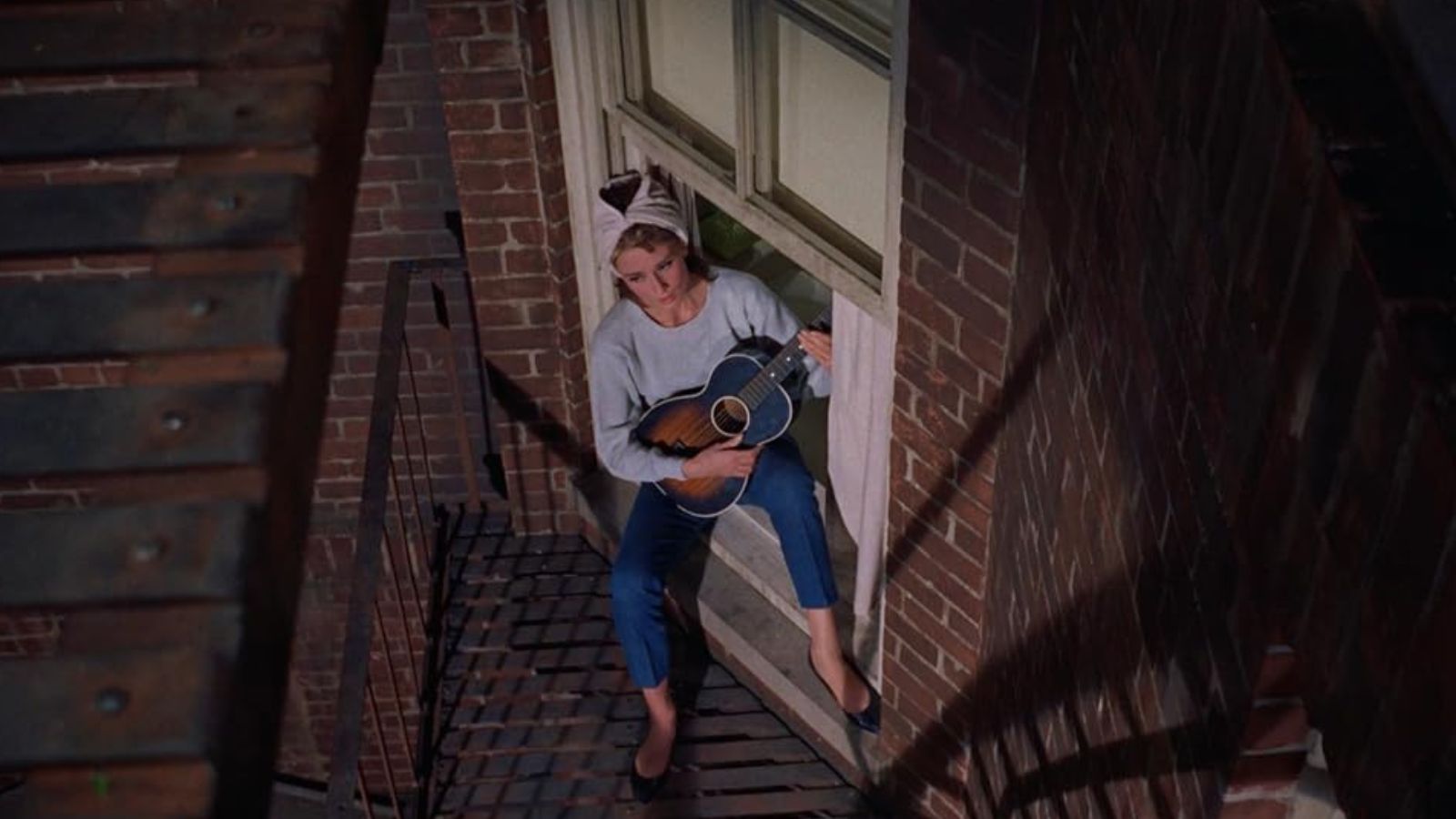
Audrey Hepburn’s iconic portrayal of Holly Golightly in Breakfast at Tiffany’s is celebrated for its elegance and charm. Now considered problematic, the film is often criticized for Mickey Rooney’s portrayal of Mr. Yunioshi, a Japanese character, in heavy yellowface makeup, which perpetuates racial stereotypes and reflects the insensitivity of its time.
Gone with the Wind
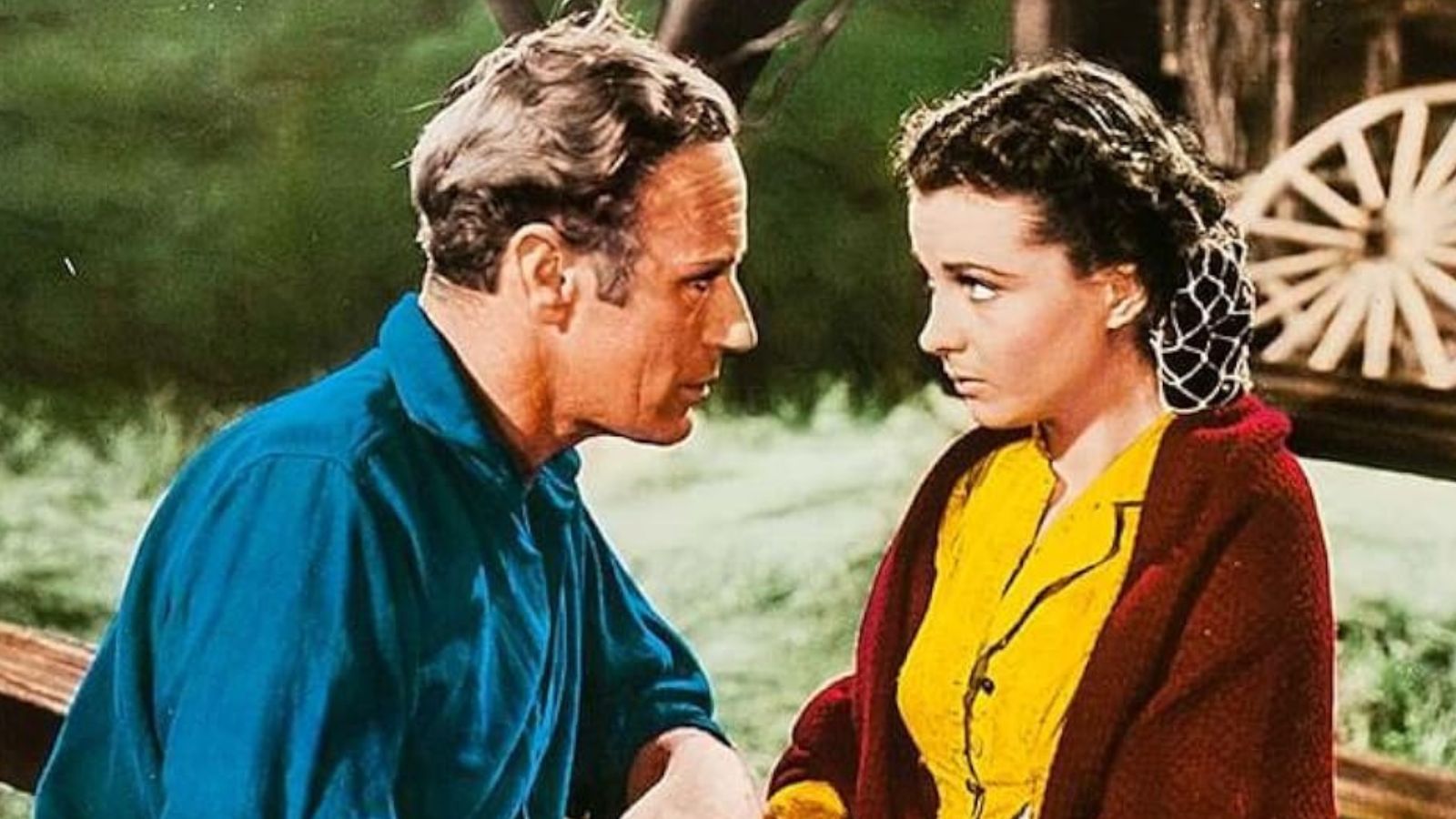
Set against the American Civil War and Reconstruction era backdrop, the film adaptation of Margaret Mitchell’s novel received critical acclaim for its epic scope and Vivien Leigh’s performance as Scarlett O’Hara. Yet, it has faced substantial criticism for its romanticized portrayal of the antebellum South, glorification of plantation life, and perpetuation of racial stereotypes through characters like Mammy and Prissy.
Indiana Jones and the Temple of Doom
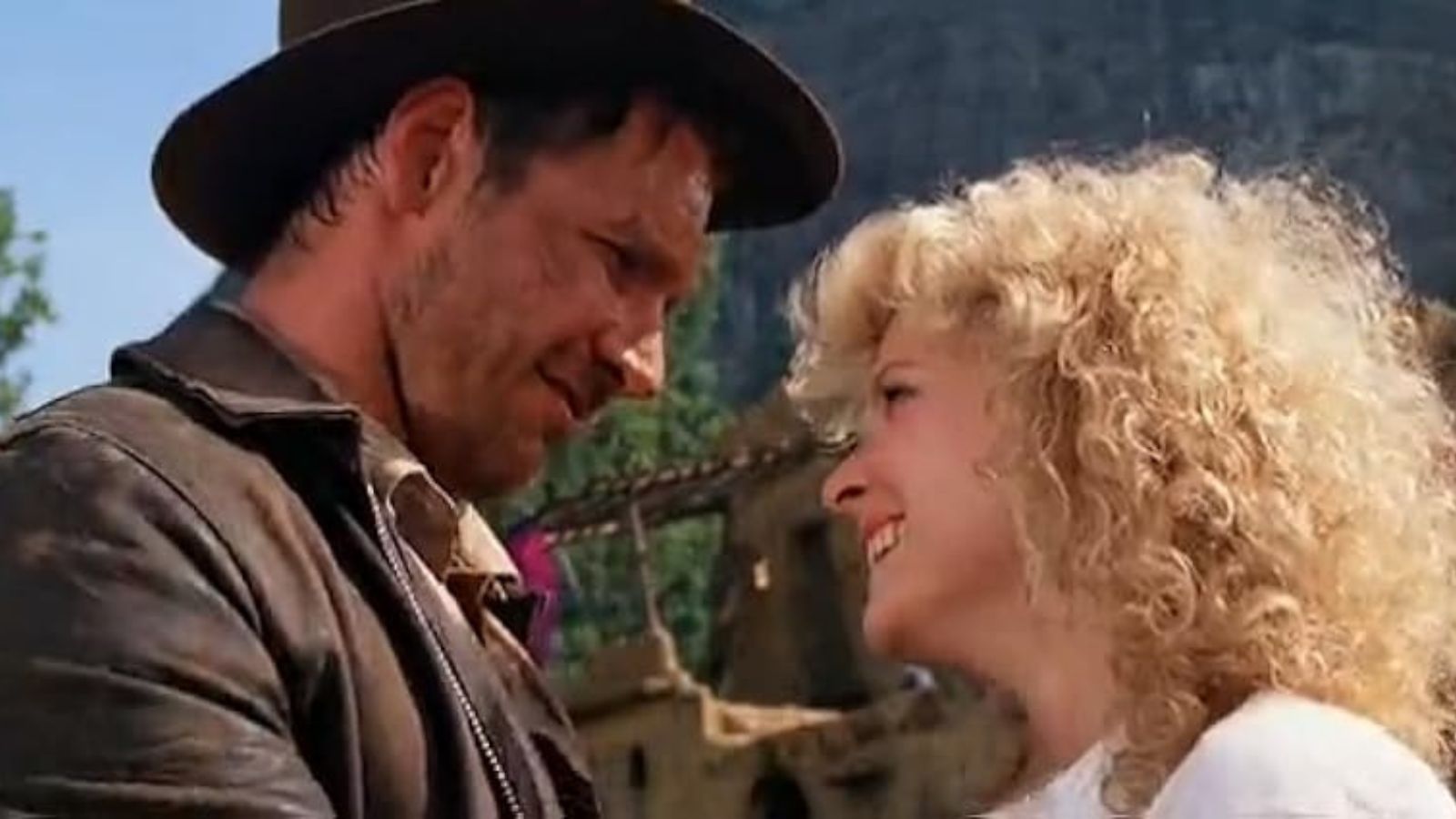
The second installment in the Indiana Jones franchise, Indiana Jones and the Temple of Doom, directed by Steven Spielberg, is renowned for its high-octane action sequences and Harrison Ford’s portrayal of the titular archaeologist. But at its core, it is a problematic depiction of Indian culture and religious practices, particularly in its depiction of Thuggee rituals.
Sixteen Candles
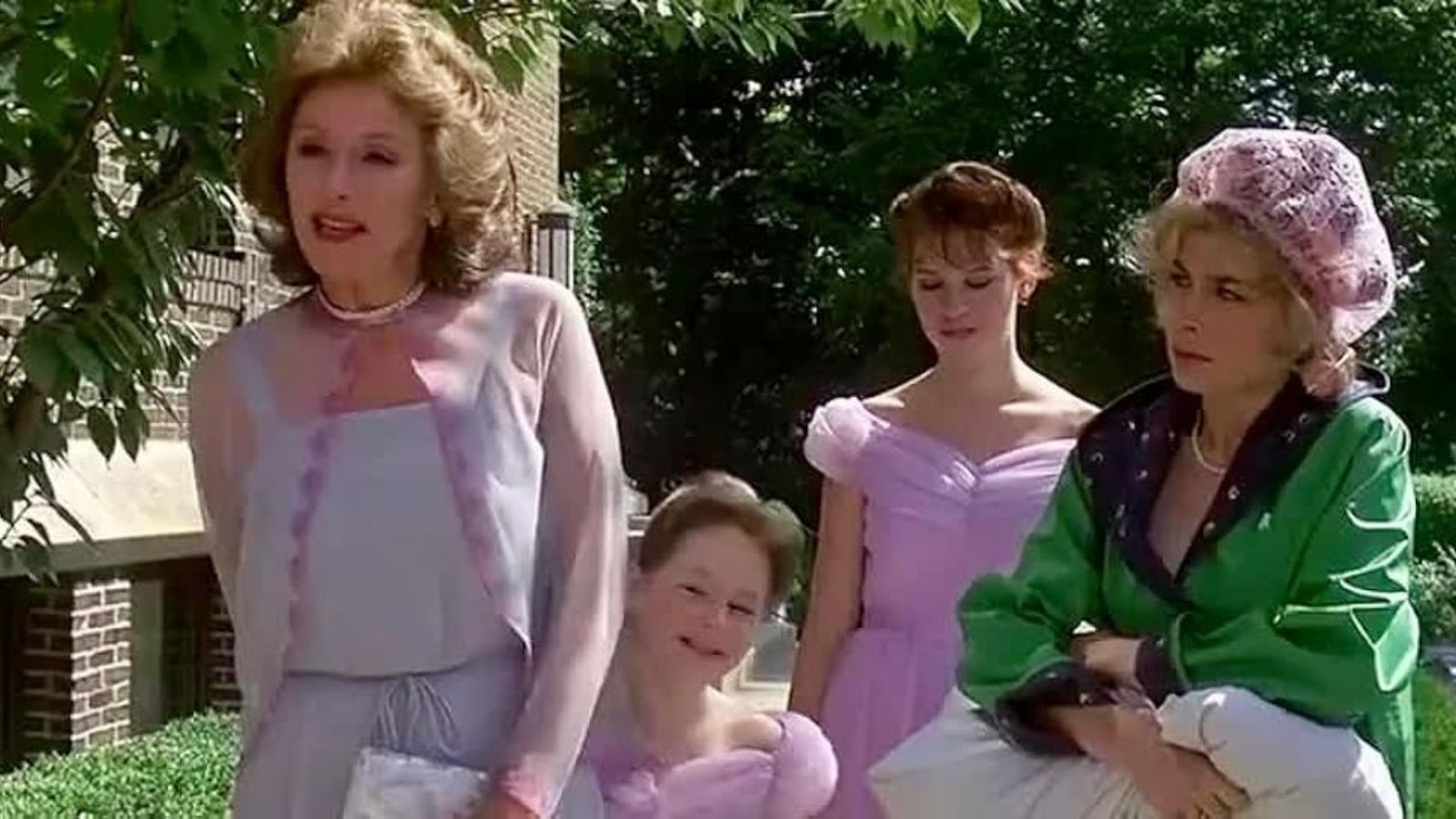
While praised for its humor and relatability at the time of its release, Sixteen Candles and its portrayal of racist and sexist stereotypes, including the character Long Duk Dong, has sparked considerable controversy and criticism in later years.
The Jazz Singer
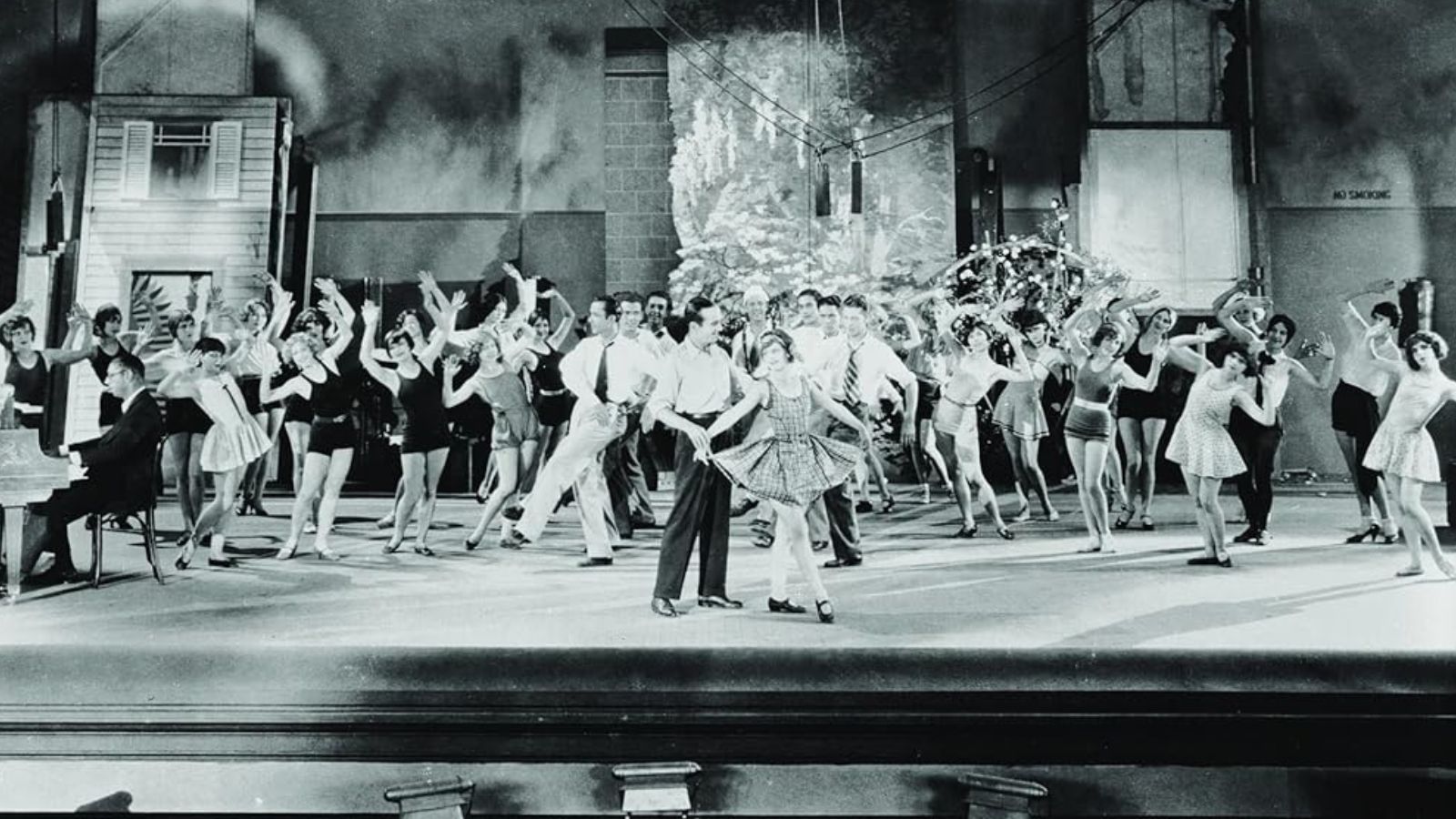
The Jazz Singer marked a watershed moment in cinema history as the first feature-length film with synchronized dialogue sequences, albeit largely using title cards. The film starred Al Jolson in blackface, a practice common in early cinema, particularly in minstrel shows, but now widely recognized as offensive and perpetuating racial stereotypes.
Revenge of the Nerds

Emerging as a surprise hit in the 1980s, Revenge of the Nerds blended underdog comedy with the raunchiness typical of the era’s teen films. Its storyline, which includes the protagonists using deception and subterfuge to gain popularity and engage in non-consensual sexual encounters, has faced strong criticism in recent years for its normalization of sexual harassment and its objectification of women.
Tropic Thunder
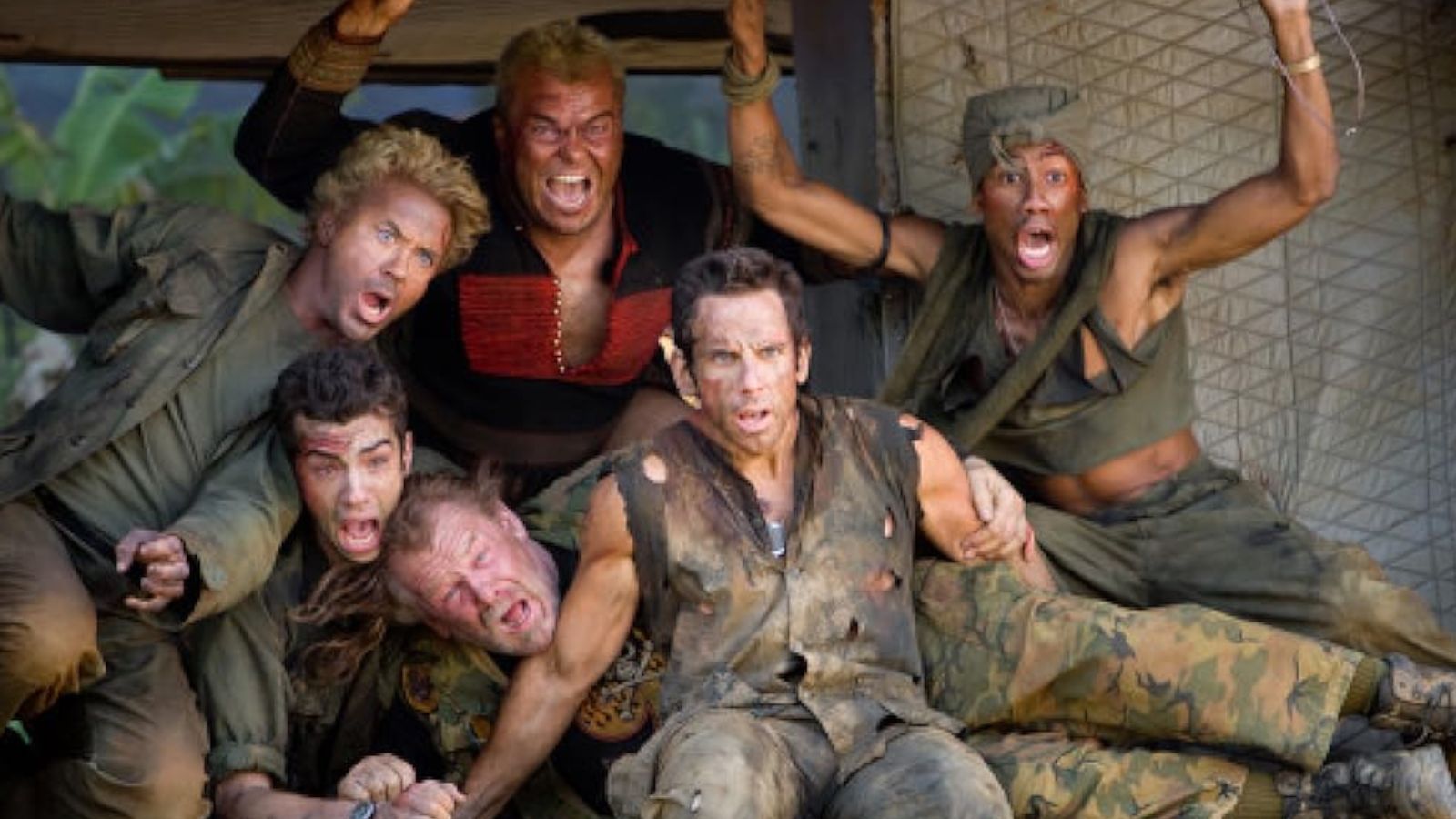
Directed by Ben Stiller, Tropic Thunder features Robert Downey Jr. in a controversial role as a method actor who undergoes pigmentation alteration to portray an African American character. Despite intending to critique Hollywood’s lack of diversity and insensitive portrayals, the film’s use of blackface has sparked significant backlash and debate over its effectiveness versus its offensiveness.
Soul Man
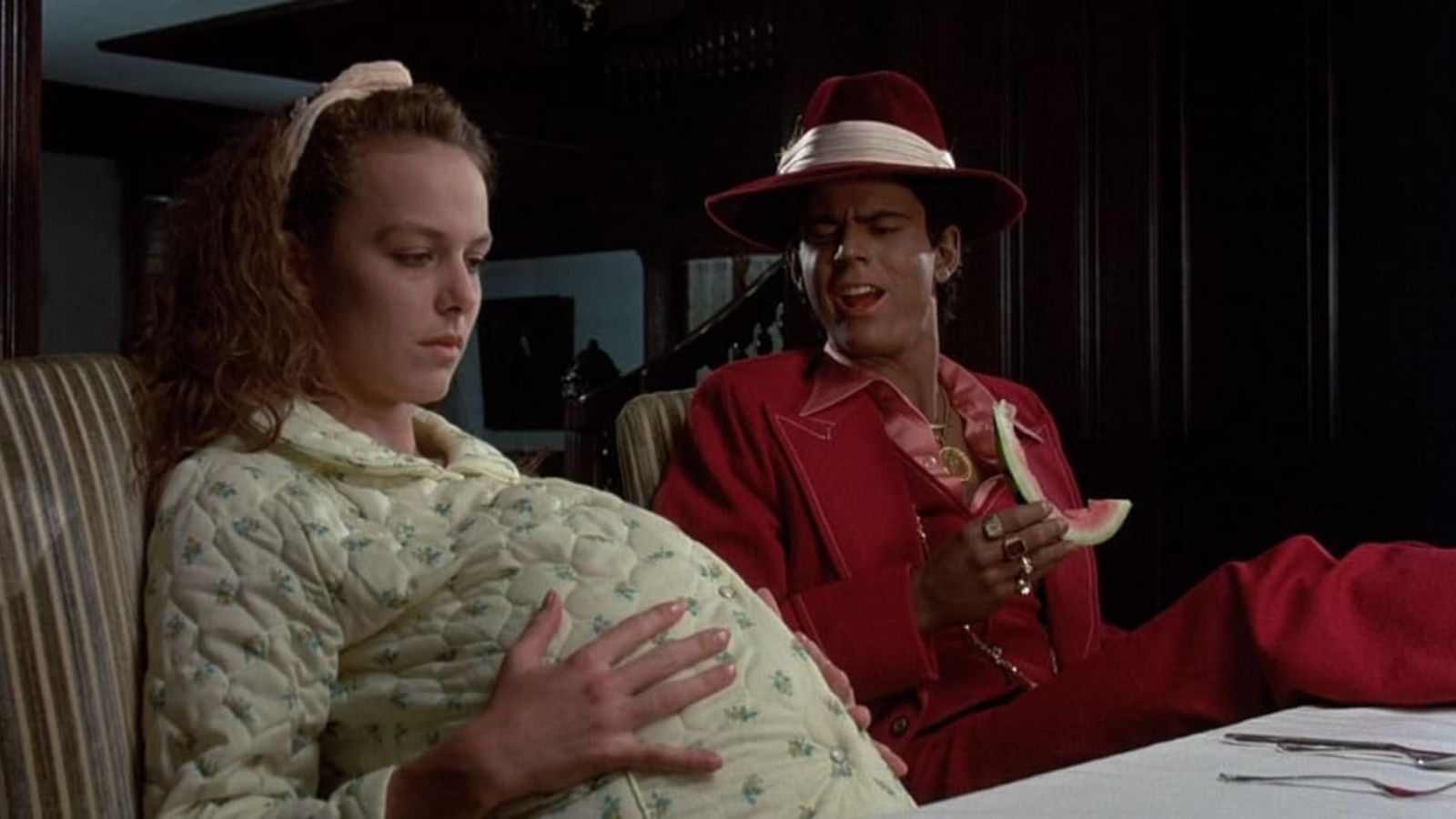
Soul Man, released in 1986, stars C. Thomas Howell is a white student who disguises himself as African American to qualify for a scholarship meant for black students. The film attempts to explore issues of racial identity and privilege through satire but has been widely criticized for its racial insensitivity, ultimately undermining its intended message.
The Birth of a Nation
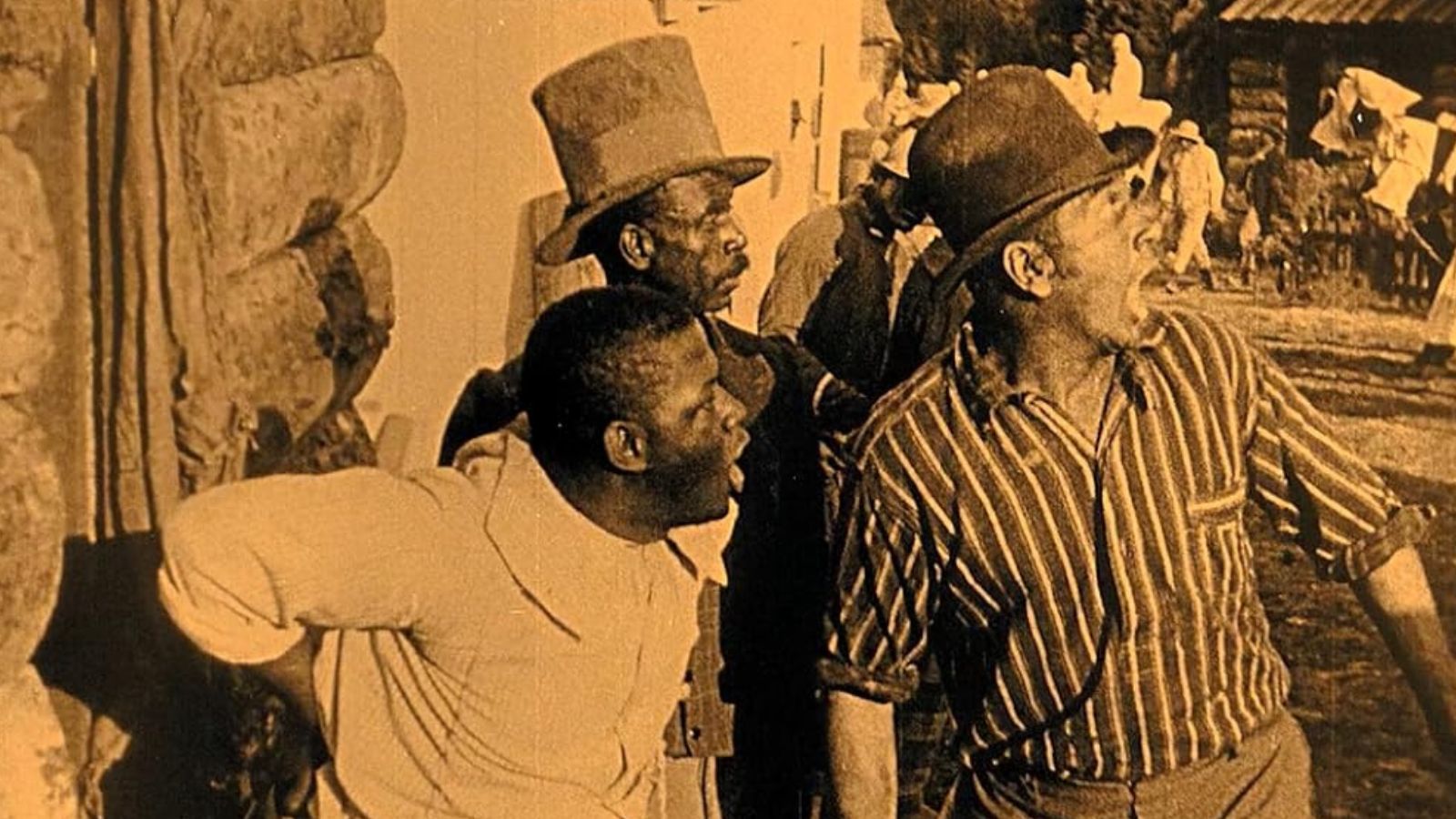
Adapted from Thomas Dixon Jr.’s novel The Clansman, The Birth of a Nation film depicts the Civil War and Reconstruction era from a pro-Confederate viewpoint, glorifying the Ku Klux Klan as heroes while portraying African Americans as brutish and sexually aggressive.
Blazing Saddles
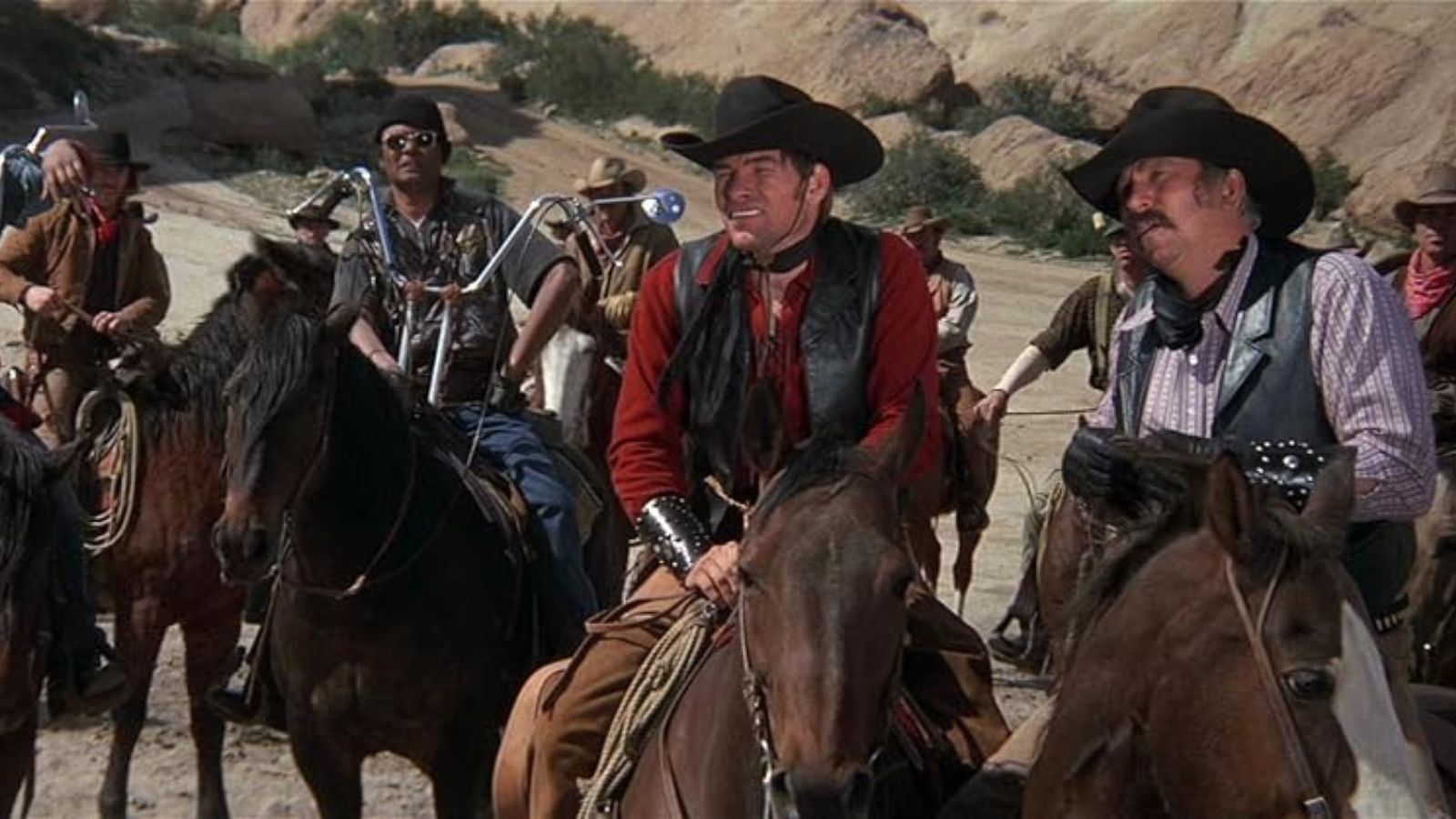
Though celebrated for its irreverent satire of Western films and racial prejudice, Blazing Saddles is considered problematic. Its frequent use of racial slurs and stereotypes, while intended to lampoon bigotry, has been a source of controversy and debate over whether the film’s satire justifies its provocative language and portrayal of race relations.
Pretty Woman
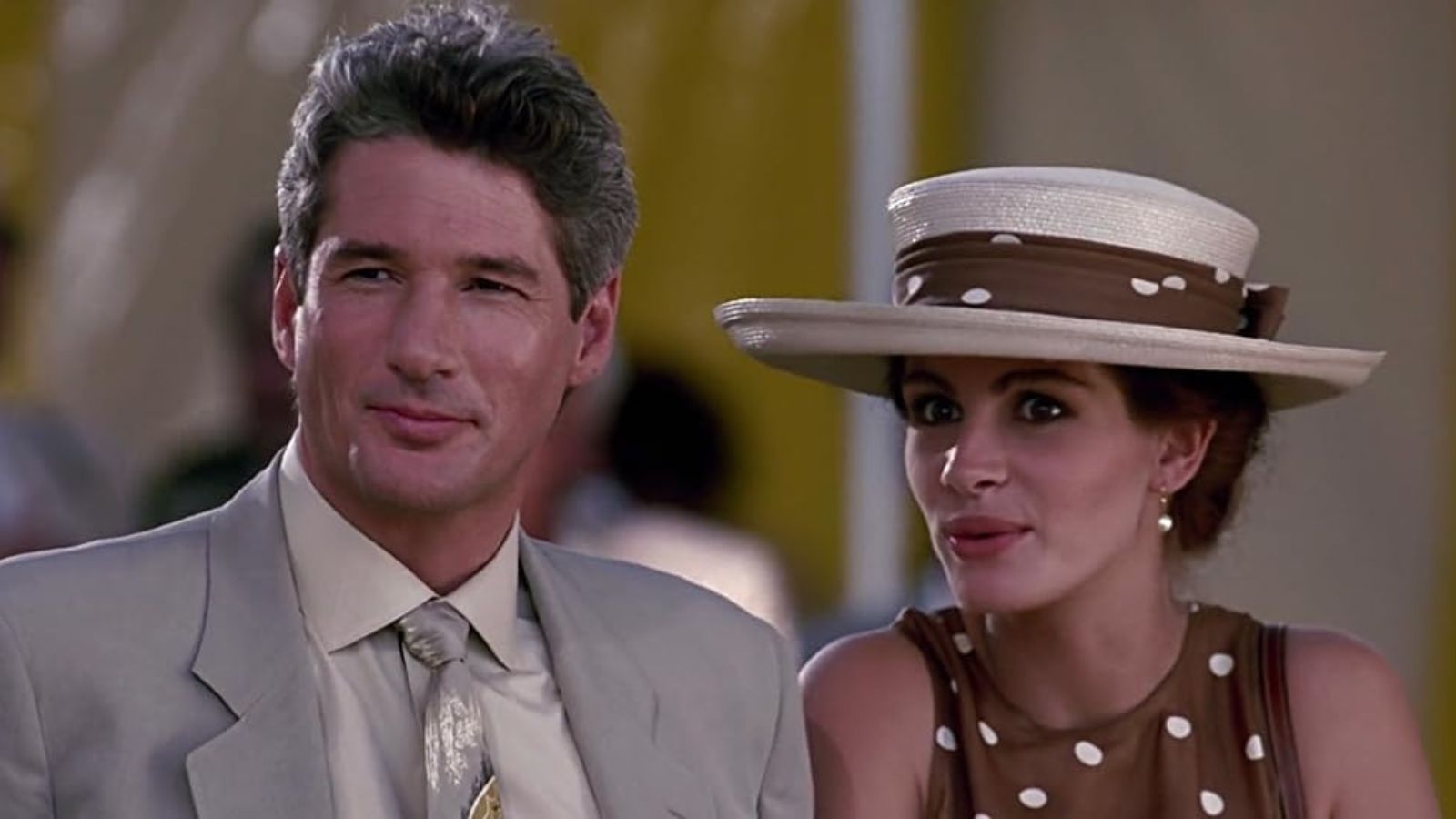
Julia Roberts is a vivacious prostitute in Pretty Woman, starring alongside Richard Gere as a wealthy businessman who falls in love with her. While beloved for its Cinderella-like storyline and Roberts’ breakout performance, the film has been critiqued for glamorizing sex work and presenting a simplistic narrative of female empowerment through financial dependence on a man.
The Silence of the Lambs
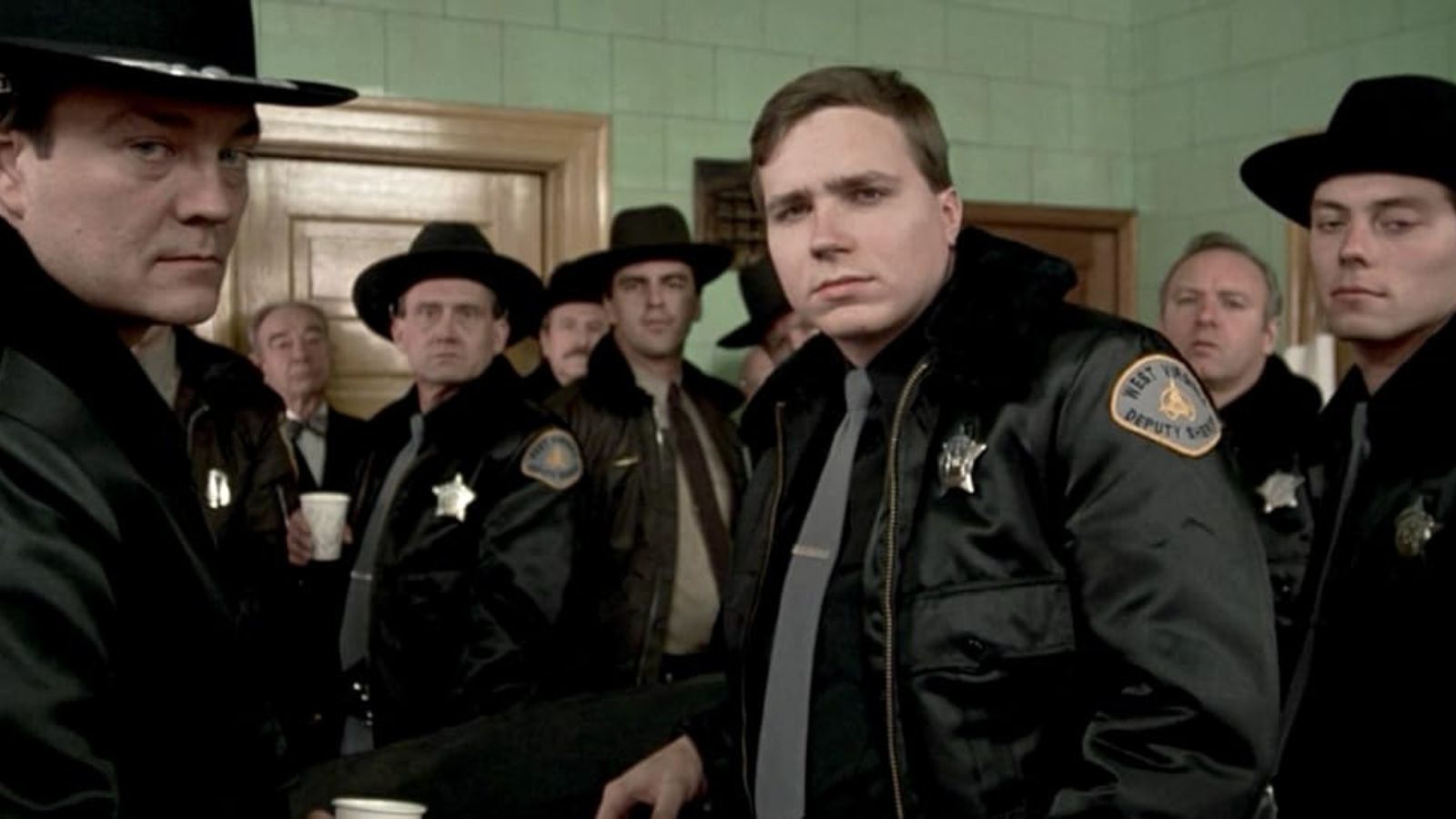
The Silence of the Lambs swept the Academy Awards, winning all five major categories. But while acclaimed for its suspense and performances, the film has faced criticism for its portrayal of transgender identity through the character of Buffalo Bill, which many argue perpetuates harmful stereotypes and equates gender identity with pathology.
Animal House
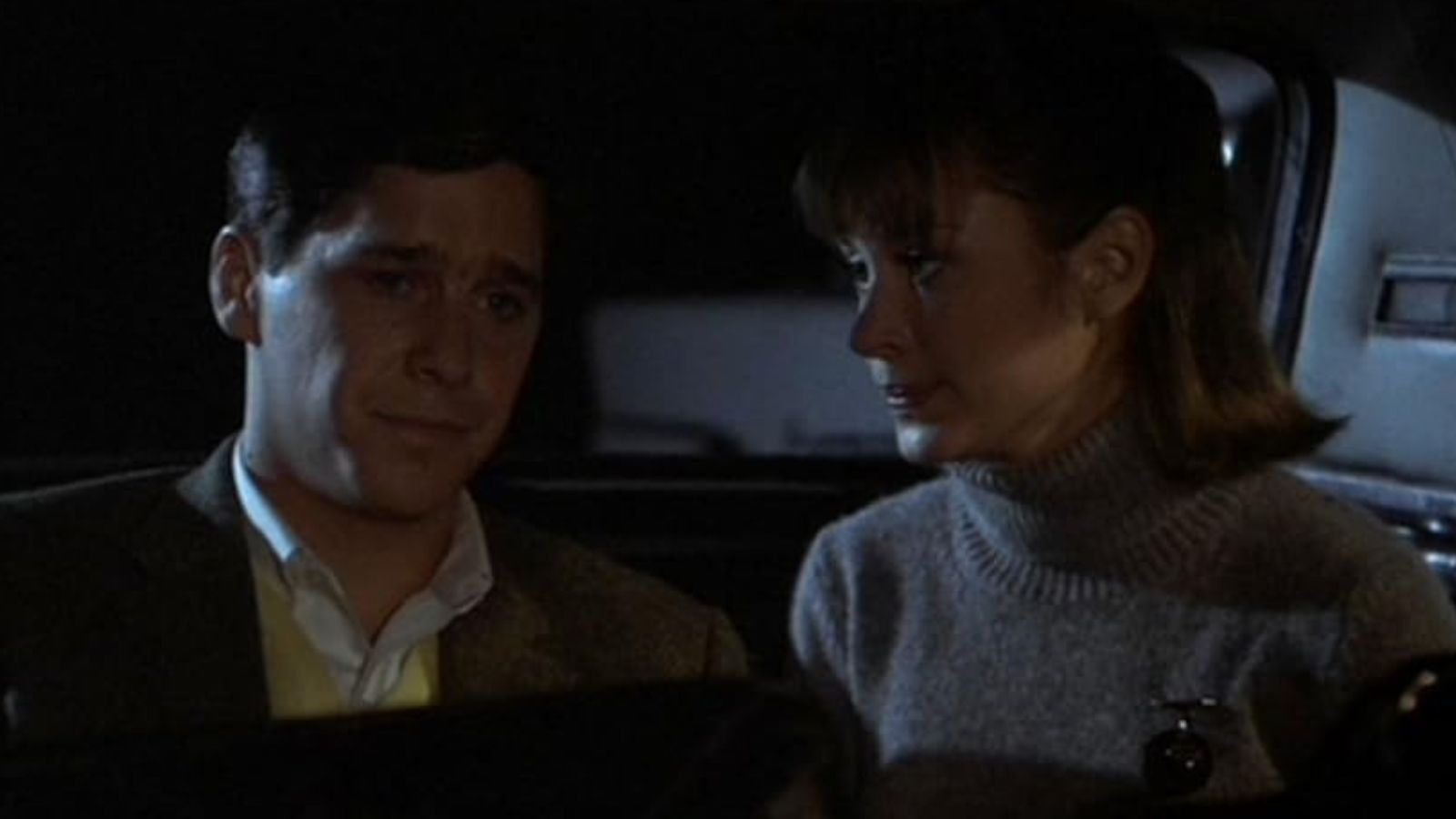
Following the exploits of a misfit fraternity at a fictional college, Animal House was a commercial success. It became a cultural touchstone for portraying college life and rebellion against authority. But its depiction of sexual assault and misconduct, particularly the infamous scene involving a character taking advantage of a passed-out woman, has drawn significant criticism in recent years.
Rain Man
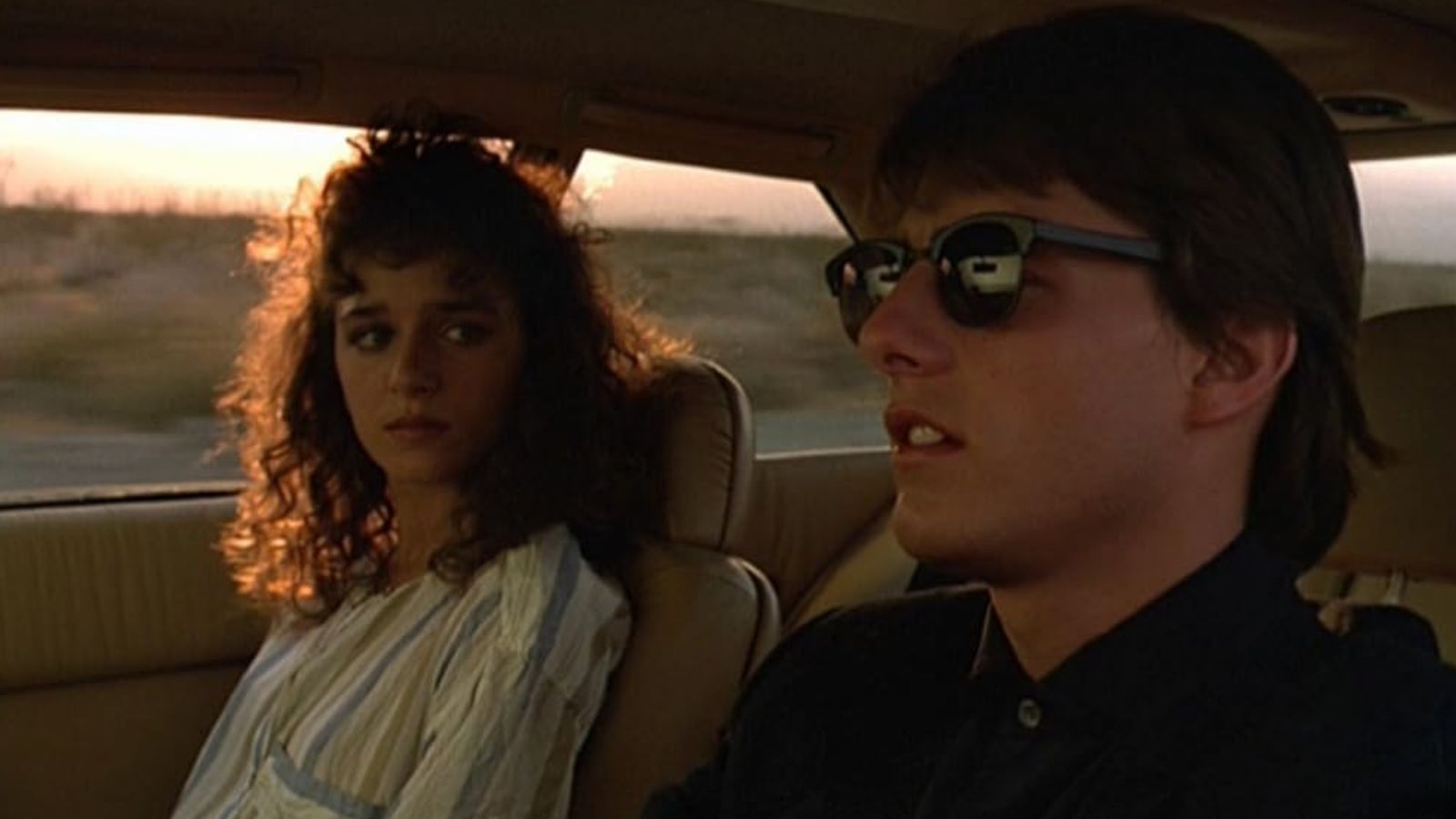
Released in 1988, Rain Man stars Dustin Hoffman as Raymond Babbitt, an autistic savant, and Tom Cruise as his younger brother, Charlie. At the time, the film received critical acclaim for its sensitive portrayal of autism and the complex relationship between the brothers, but nowadays, it’s criticized for its narrow representation. Critics find Rain Man focuses primarily on Raymond’s extraordinary mathematical abilities while neglecting the broader spectrum of autistic experiences.
